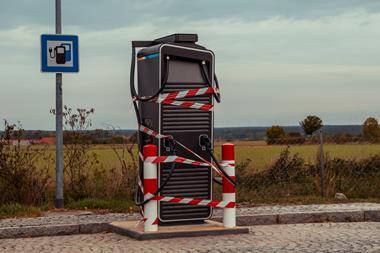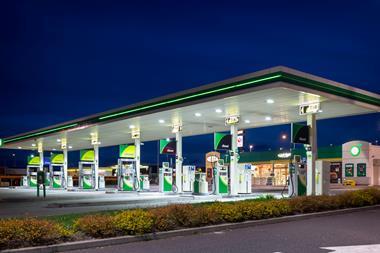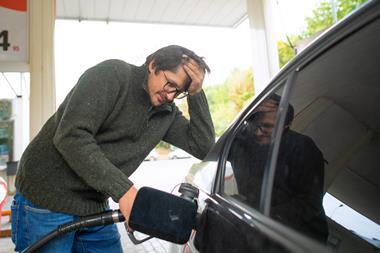Average prices dropped by 7.41ppl over the past month, according to the latest AA Fuel Price Report, but that is still some way short of the largest monthly fall, and it says oil prices will still have to fall substantially more if an average price of £1 per litre is to be reached.
The prices for this report were polled before the latest supermarket price cuts, and the 7.4ppl monthly petrol price reduction compares with the 7.9ppl fall following the end of the Lebanon conflict in late summer 2006, but both are substantially behind the record 11.5ppl collapse between October and November 2008, following the credit crunch.
Even so, the report says a family with two petrol cars is spending around £16.30 a month less at the pump than in mid December, and more than £50 a month less than in July when petrol peaked at 131.70ppl.
The first reports of petrol priced at £1 per litre surfaced last week, the first time since the UK average was last below that level in late May 2009, and Asda also announced a national price of 103.7ppl. However the UK average currently stands at 107.05ppl for unleaded petrol and it suggests there still remains some way to go before the average price nears the 99.9ppl mark.
It says industry experts expect the £1 litre to appear at more forecourts if the oil price crashes to $40 a barrel, but there is no guarantee that the UK average will reach that level. The industry’s rule of thumb is that it takes a $2-a-barrel change in the price of oil, at a constant exchange rate, to produce a penny-a-litre change at the pump. This suggests that even Asda petrol prices need at least $6 off the current $45 to $46-a-barrel price of Brent crude to make £1 a litre appear on a supermarket forecourt.
“A £50 cut to a two-car family’s monthly petrol bill is a huge boost after more than five years of squeeze on the necessities of modern life, including fuel. This week, a £1 litre has appeared over the horizon although it’s not guaranteed to appear in every town. In fact, many rural towns would say that predictions of petrol at 99.9p a litre are a bad joke as they continue to struggle with the pump price lottery,” said Edmund King, the AA’s president.
“Even so, it has to be recognised that the supermarket price war that may have been a bit of a phoney in the past is a full-blooded fight back now. Certainly, drivers have increasingly given them the cold shoulder through 2014, mainly because price-matching across a locality takes away the incentive to go specifically to a supermarket for fuel – unless it has rock-bottom prices.
“It would be wrong, though, to write off the big out-of-town supermarket store as a draw for motorists. Their popularity may return if lower pump prices eventually restore the old travel patterns.”

































No comments yet